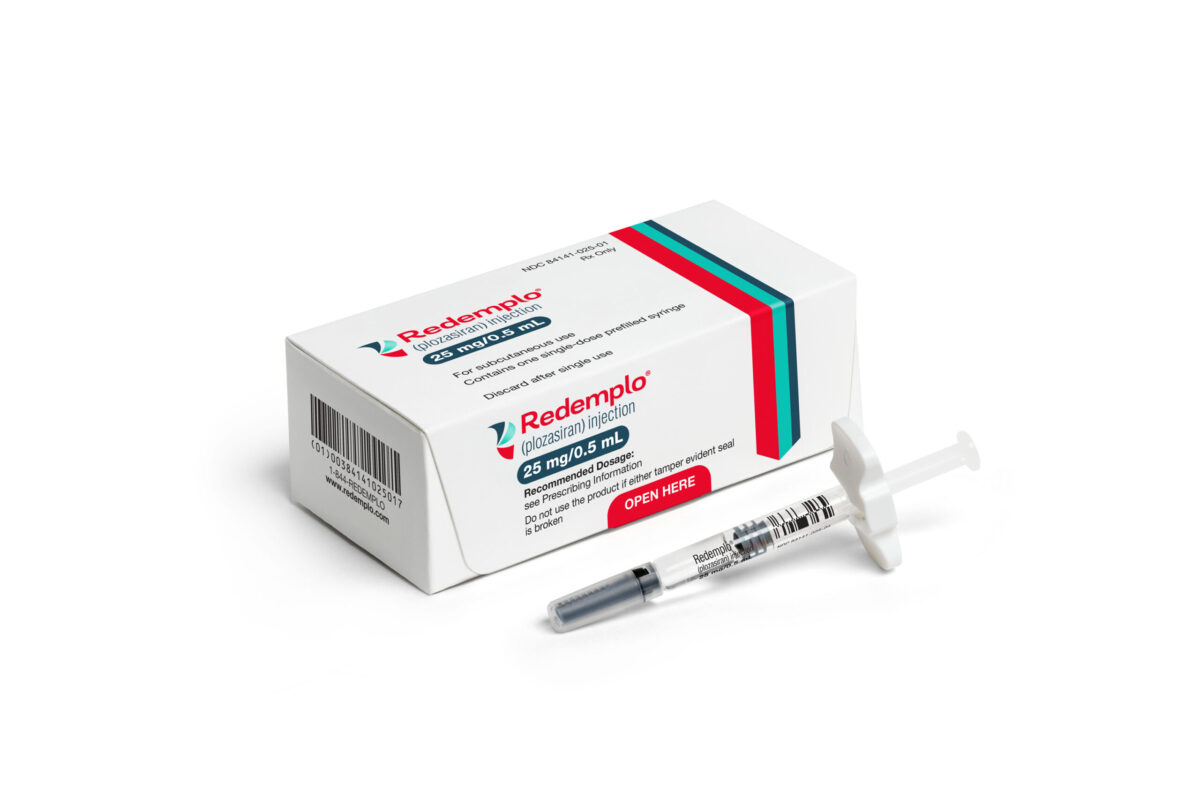Eli Lilly announced that its obesity drug tirzepatide has scored favorably in a late-stage clinical trial, with results showing that people who took the drug lost an average of 50 pounds, or 21 percent, of their body weight compared to placebo.
Tirzepatide was previously shown to reduce weight in diabetic individuals, and now, results from Lilly’s trial exclusive to obesity show that it can help people without diabetes lose significant pounds.
The drug was assessed at three different doses in Lilly’s SURMOUNT-1 Phase III trial: 5 mg, 10 mg and 15 mg. At these doses, participants taking tirzepatide achieved average weight reductions of 16 percent, 21.4 percent and 22.5 percent, respectively, compared to placebo.
Tirzepatide is a novel investigational obesity treatment that contains mimetics of two hormones that are involved in regulating appetite in a single peptide: a GIP (glucose-dependent insulinotropic polypeptide) receptor agonist and a GLP-1 (glucagon-like peptide-1) receptor agonist. These bind to their respective receptors to increase glucose metabolism by increasing insulin secretion.
The promising trial results could pose a threat to Danish drugmaker Novo Nordisk’s GLP-1 agonist drug Wegovy (semaglutide), which has dominated the obesity drug market since its launch in 2021.
Since 1975, obesity rates have almost tripled worldwide. According to Our World in Data, 13 percent of adults in the world are obese (classified as a body mass index [BMI] greater than 30) and 39 percent are overweight (BMI greater than 25). In the US, over 73 percent of Americans are obese or overweight, with one third being obese. Therefore, about 110 million adults in the US are obese. Among younger demographics, one in five children and adolescents globally are overweight.
Related: Eli Lilly’s Type 2 Diabetes Shot Tirzepatide Emerges Winner Against Semaglutide
“Tirzepatide is the first investigational medicine to deliver more than 20 percent weight loss on average in a [Phase III] study, reinforcing our confidence in its potential to help people living with obesity,” said Jeff Emmick, MD, PhD, vice president, product development, Eli Lilly, in a from the company.
“Obesity is a chronic disease that requires effective treatment options, and Lilly is working relentlessly to support people with obesity and modernize how this disease is approached. We’re proud to research and develop potentially innovative treatments like tirzepatide, which helped nearly two thirds of participants on the highest dose reduce their body weight by at least 20 percent in SURMOUNT-1,” said Emmick.
Lilly’s Phase III SURMOUNT-1 trial for tirzepatide enrolled 2,539 participants and was conducted over a span of 72 weeks. Lilly said the study was the first Phase III global registration trial that looked at the efficacy and safety of tirzepatide in adults with obesity or overweight who did not have diabetes but had at least one comorbidity.
In addition, 89 percent of individuals that took 5 mg of tirzepatide and 96 percent that took the higher doses (10 mg and 15 mg) of the drug experienced body weight reductions of at least five percent compared to 28 percent of those taking placebo.
In a key secondary endpoint, 55 percent and 63 percent of people taking tirzepatide at 10 mg and 15 mg, respectively, had at least 20 percent reductions in body weight compared to 1.3 percent reductions of those that took placebo.
The most common adverse events were gastrointestinal side effects such as nausea, vomiting and diarrhea, which are known complications of GLP-1 drugs, including tirzepatide. The medium-dose group (10 mg) had the most participants that dropped out (seven percent) due to side effects.
Lilly’s Tirzepatide Takes on Novo Nordisk’s Semaglutide
Drug makers have been trying to develop effective obesity treatments for years and Novo Nordisk has dominated the space with its blockbuster GLP-1 agonist semaglutide.
GLP-1 agonists were first developed as diabetes treatments. At higher doses, Novo found that semaglutide could help patients lose weight by as much as seven percent, prompting the company to develop Saxenda (liraglutide). Saxenda has been the most successful obesity drug in the past decade, earning Novo $918 million in 2020. Novo introduced a higher-dose version of Saxenda called Wegovy, which won FDA approval in 2021 for chronic weight management.
Both Wegovy and Ozempic (Novo’s diabetes version of Wegovy) could be in for some stiff competition with tirzepatide. Novo Nordisk’s oral semaglutide formulation Rybelsus, the first GLP-1 drug in pill format, received FDA approval in 2019 for the treatment of type 2 diabetes.
A year ago, Eli Lilly’s SURPASS-2 study found tirzepatide to be superior to semaglutide in reducing blood sugar and body weight. Results of the trial led Lilly to file for FDA approval of the drug last year for the treatment of adults with type 2 diabetes.
Wegovy had a price tag of $1,297 a month when it was first launched. According to industry experts, if tirzepatide secures FDA approval, Lilly will likely have to price it competitively to make sure insurance companies will cover it.
In addition to Saxenda and Wegovy, there are three other FDA-approved obesity drugs for long-term use: Roche and GlaxoSmithKline’s Xenical/Alli (orlistat), Vivus Inc.’s Qsymia (phentermine-topiramate) and Currax Pharmaceuticals’ Contrave (naltrexone-bupropion). Pfizer and AstraZeneca also have GLP-1 drugs under development for diabetes that could also have weight loss effects.
With rising rates of obesity, the global obesity drug market has been projected to grow from $1.46 billion in 2020 to $5.42 billion in 2025 at a compound annual growth rate (CAGR) of 22.6 percent.












Join or login to leave a comment
JOIN LOGIN